Table of Contents
- Why Beneficial Insects Are Important in the Garden
- Ways to Attract Beneficial Insects
- Final Thoughts...
* Our articles never contain AI-generated slop *
If you're a gardener embracing organic methods, beneficial insects are one of your most important garden allies. There are so many helpful insects that will pollinate your garden, eat pests, help decompose your compost, and more.
Ready to learn about cultivating a harmonious garden ecosystem that's balanced and synergistic? You're in the right place!
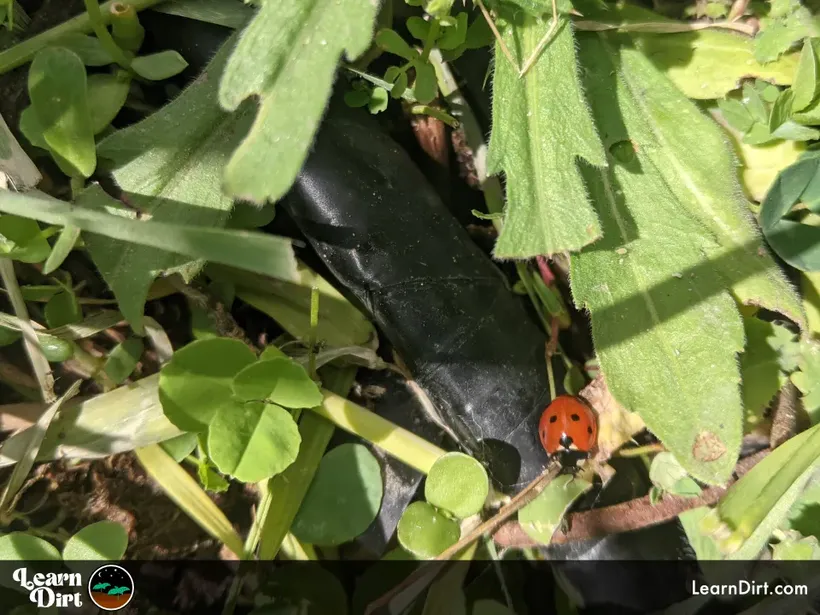
Keep them well-fed with flowering plant nectar when
their food sources run scarce, so they stick around
Garden predators can help keep your garden healthy, controlled, and thriving!
Disclaimer: This post may contain affiliate links. Refer to the privacy policy for more information.
Let's talk about how to attract beneficial insects to your garden...
Why Beneficial Insects Are Important in the Garden
One lens through which we can look at beneficials is through the roles they play and ecological niches they fill.
Broadly, these break down into categories such as:
- Predators
- Pollinators
- Decomposers
Let's talk about each one:
Predatory Insects for Gardens
Predatory insects are a great garden ally as they often eat the bugs that we consider pests.
Beneficial predators are a natural counter-balance to pest populations, and keep them in check so they don't get out of hand. While organic gardens will always have something eating your plants, a healthy garden ecosystem will contain enough predatory insects to prevent pests from doing too much damage.
As a well-known example: ladybugs eat aphids (among other things). Because aphids feed on plants, they can cause significant damage if their populations aren't controlled. This makes ladybugs a natural ally predator whose presence you can welcome in your garden.
Some other common predatory insects you'll see include lacewings, mantids, ground beetles, hoverflies, and minute parasitoid wasps.
We're just scratching the surface here, but these predators are critically important in helping to control garden pest populations.
If you can ally with predatory insects and entice them into your garden with food, water, shelter, and the right conditions - your garden will thank you!
Predators represent a natural and holistic solution that's far more effective and targeted than nasty synthetic pesticides. It's worth learning about all of the local predatory insects in your region and how to attract them to your garden if pests are an issue for you.
Insect Decomposers
Black soldier fly larvae are definitely my favorite decomposing insect. They are abundant in warm climates when temperatures heat up, and will often show up on their own if you have moist compost.
Any damp, decaying organic matter pile will entice black soldier flies to lay their eggs during the hotter half of the year. Soon, black soldier fly larvae will be championing your compost and breaking down scraps faster than you though possible! Some say up to 7x faster than worms.
Truly an invaluable beneficial that's worth attracting if you're a gardener. Your compost pile will thank you!
Ways to Attract Beneficial Insects
In addition to planting native plants, there are a few other things you can do to attract beneficial insects to your garden, yard, or farm.
Here are a few ideas:
Join The Grower's Community
A free & open space for anyone who is passionate about cultivation 🌱
Check It Out!
Plant Native Flowering Species
While there are a lot of techniques details that this topic delves into, the key piece of info to remember is: Plant native flowering species!
After you've planted as many native flowering species as you can, move onto the non-native plants which do the best job of attracting beneficials. These include the following (in no particular order):
- Marigold
- Nasturtium
- Aster
- Daisy
- Sunflower
- Goldenrod
- Dill
- Parsley
- Cilantro
- Buckwheat
- Chervil
- Lavendar
- Zinnia
- Yarrow
- Sweet Alyssum
- Tansy
- Verbena
- Calendula
Just be sure that nothing you plant in your garden is an invasive species in your region.
This is a short list, there are many more flowering species which will help attract beneficial insects to your garden.
The goal is to always have something in bloom, to provide pollen and nectar as supplemental food for good bugs so they stick around and reproduce even when pest species are scarce.
Planting as many flowering species as you can, and allowing your food crops to go to flower will help provide full coverage throughout the entire growing season.
Provide Water for Garden Beneficials
Like all life on Earth, beneficial insects need water to survive!
While some insects get their water entirely from their diet, many will benefit from a shallow dish of water in your garden or yard.
Add some rocks in your water dish which stick up above the surface. This not only gives insects something to safely climb on and prevent them from falling in, it also keeps your water dish from blowing away when its empty.
Hedgerows & Shrubs Are Great for Beneficials
Bushes, hedgerows, and shrubs are often overlooked in gardens and on farms, but these provide critical resources to beneficial insects as well as predatory animals.
Dig Cool Merch?
Housing, food, and shelter are all provided by the dense foliage. This gives beneficials a safe and relaxing place to retreat to at night, away from pests.
Eating all your pests is a tough job, and beneficial insects love to have a place to hang out and recuperate after all their hard work. Hedgerows and bushes do a great job of providing this.
Let's not forget about all the birds, owls, and other helpful critters who may also take up residence in your bushes.
Not to mention the benefit as windbreak, you can see why you shouldn't neglect hedges in your organic garden or farm plan.
Provide Shelter to Encourage Beneficial Predators
Along with hedges and shrubs mentioned above, you can also create your own shelters by building insect hotels. These are structures made of natural materials like sticks, bark, and pine cones that provide a safe place for insects to hide.
Propping a slab of slate across a few bricks can provide a safe nook for snakes, which will help with your rodent populations.
Avoid Pesticides When Relying on Beneficials
Chemical pesticides have a great way of poisoning entire ecosystems. Remember, you can't balance an ecosystem by killing it!
Our goal as regenerative gardeners practicing permaculture and building soil is to nurture and shepherd the ecosystem, helping it to maintain a delicate balance.
It's not to demonize it and wipe it out. That's what chemical gardeners do, but I encourage you to hold yourself to a higher standard than that.
Final Thoughts...
Attracting beneficial insects to your garden is a great way to eliminate any need for harmful pesticides and keep your garden healthy and thriving in a smarter way.
If you can attract beneficial insects to your garden, you'll have an incredible team of allies who all target pests far better than broad-spectrum synthetic pesticides ever could.
So drop the toxic bottles and embrace the ecosystem! Learn about beneficials and the role they play in striking a careful ecosystem balance.
Plant native plants, provide water and shelter, and avoid pesticides to create a welcoming habitat for these important beneficial insects and predators.
Have any tips for attracting beneficial insects? You already know we'd love to hear what's worked for you in the comment section below.
Wishing you a happy and productive gardening season!









![Don't Till Away Your Carbon [Neon]](/media/product_images/dont-till-away-your-carbon-[neon]_sticker_260x260.png)


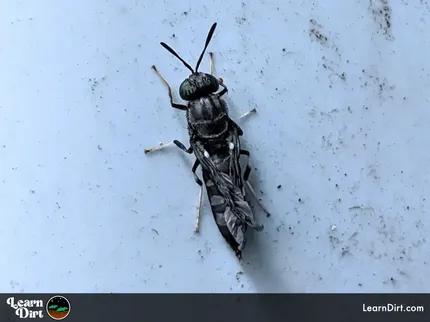
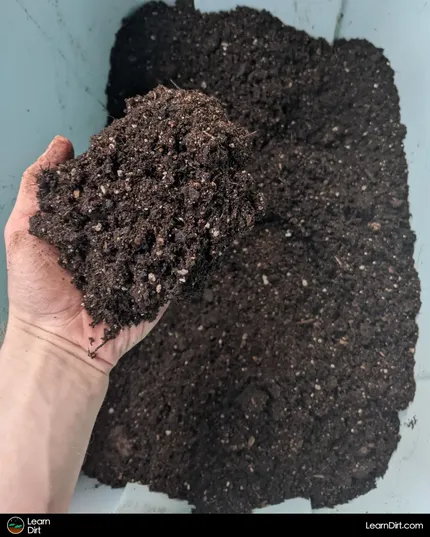
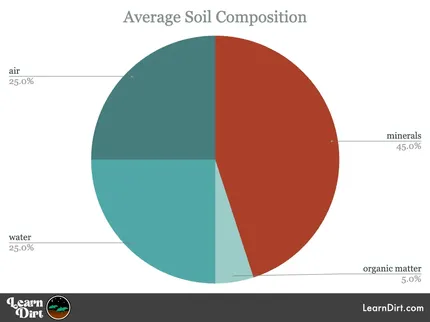


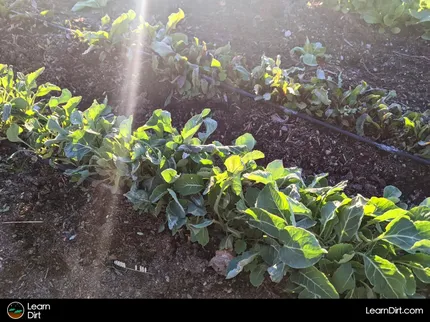
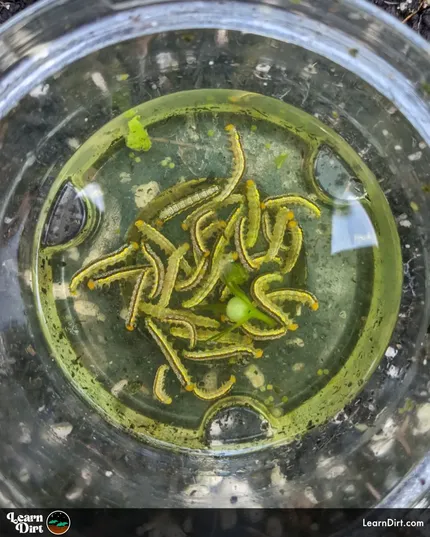
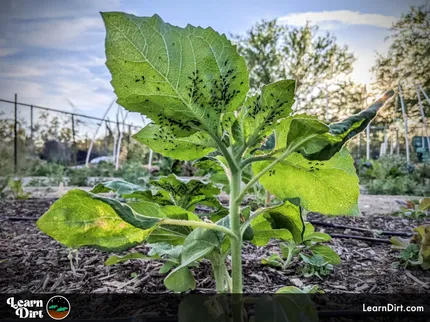
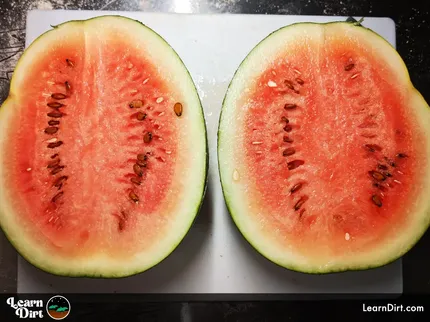
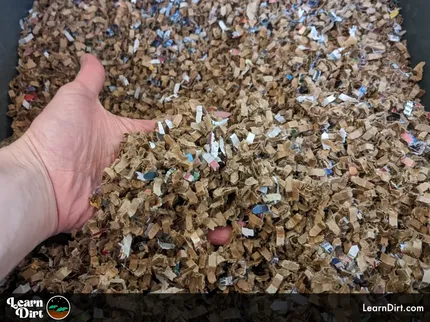


![Black Dirt Live Again [Blue] T-shirt](/media/product_images/black-dirt-live-again-[blue]_shirt_260x260.png)

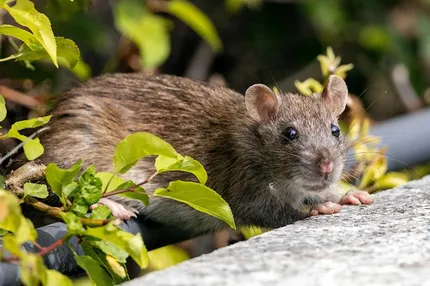
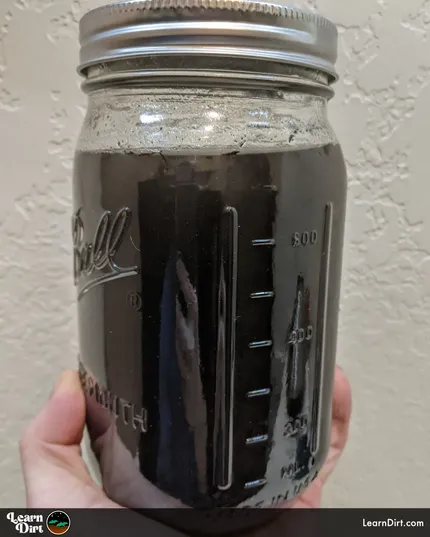
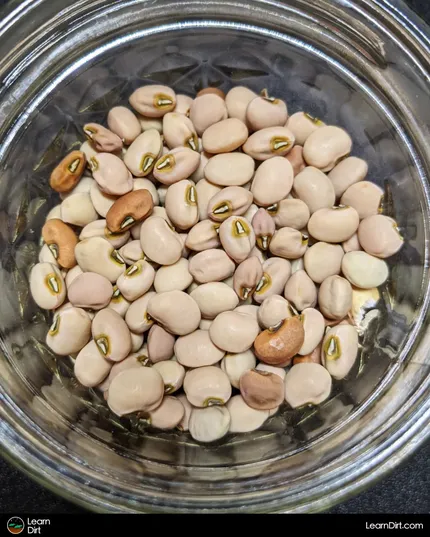
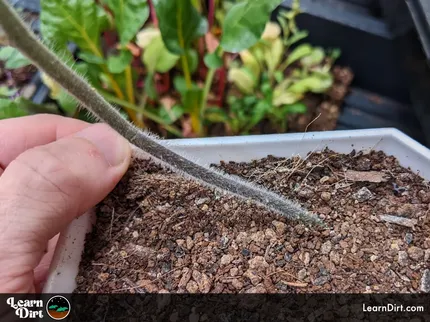
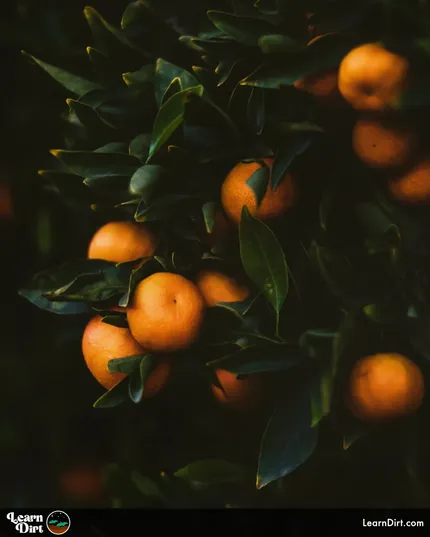
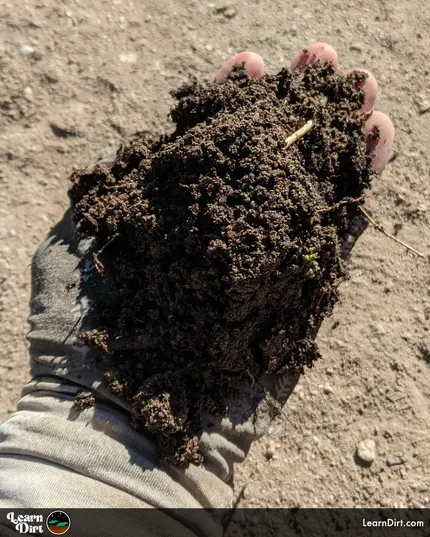
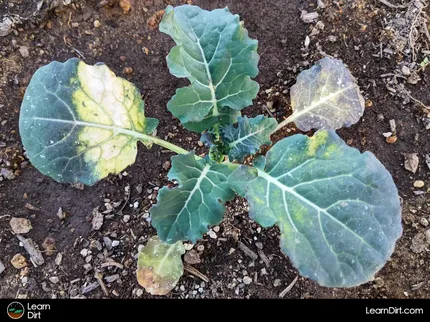
Leave A Comment:
Under construction, please check back soon!